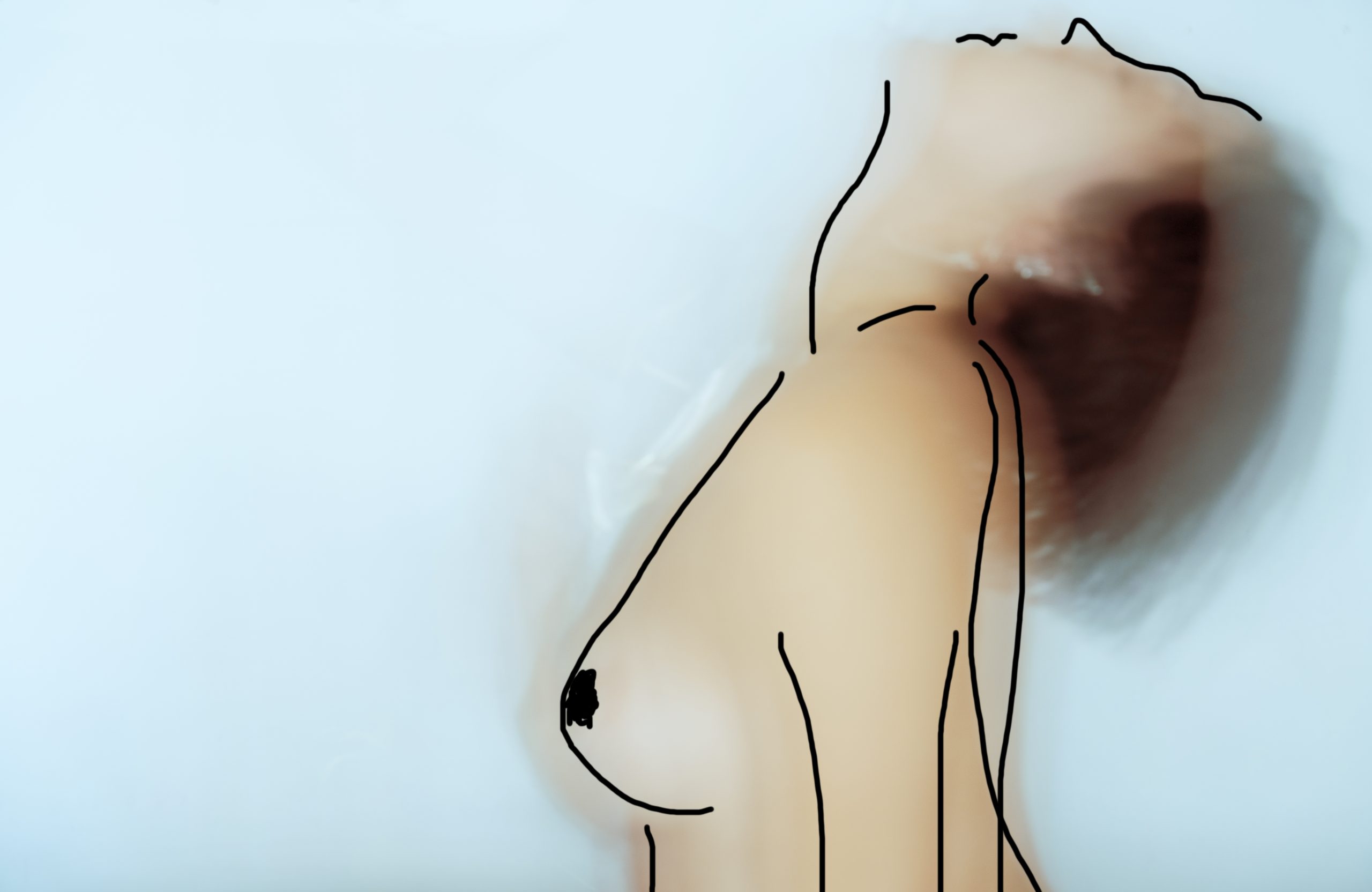
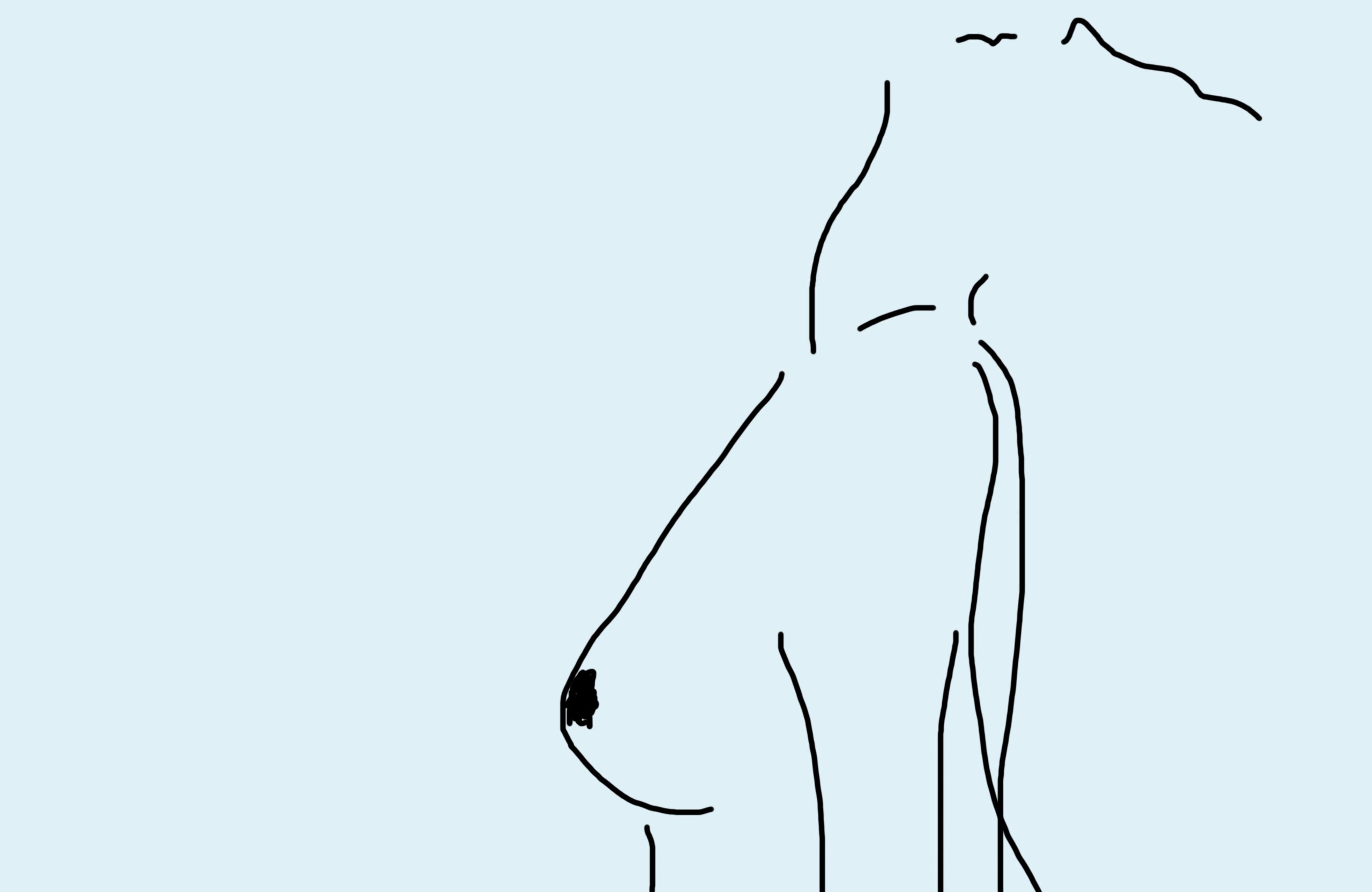
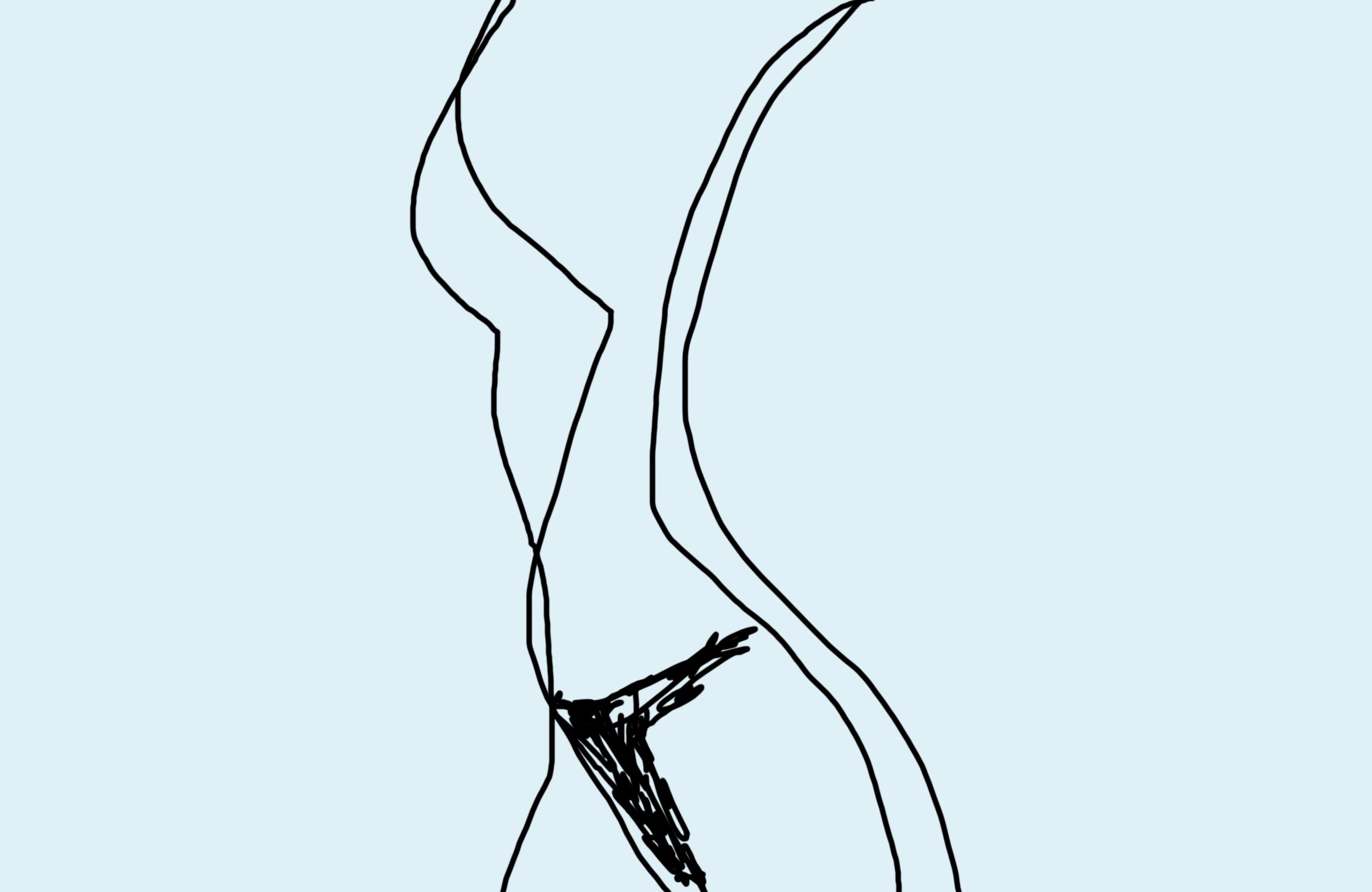
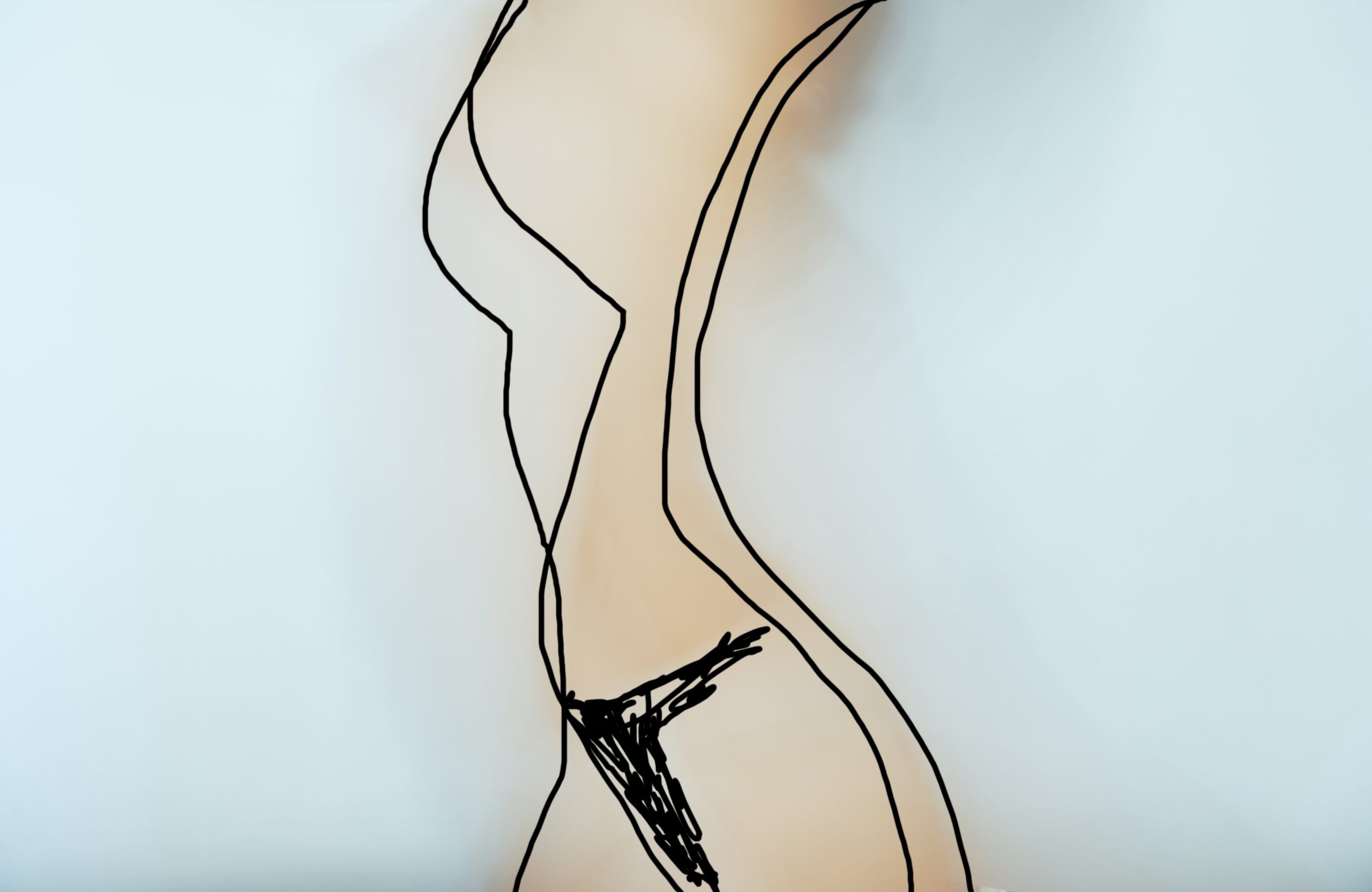
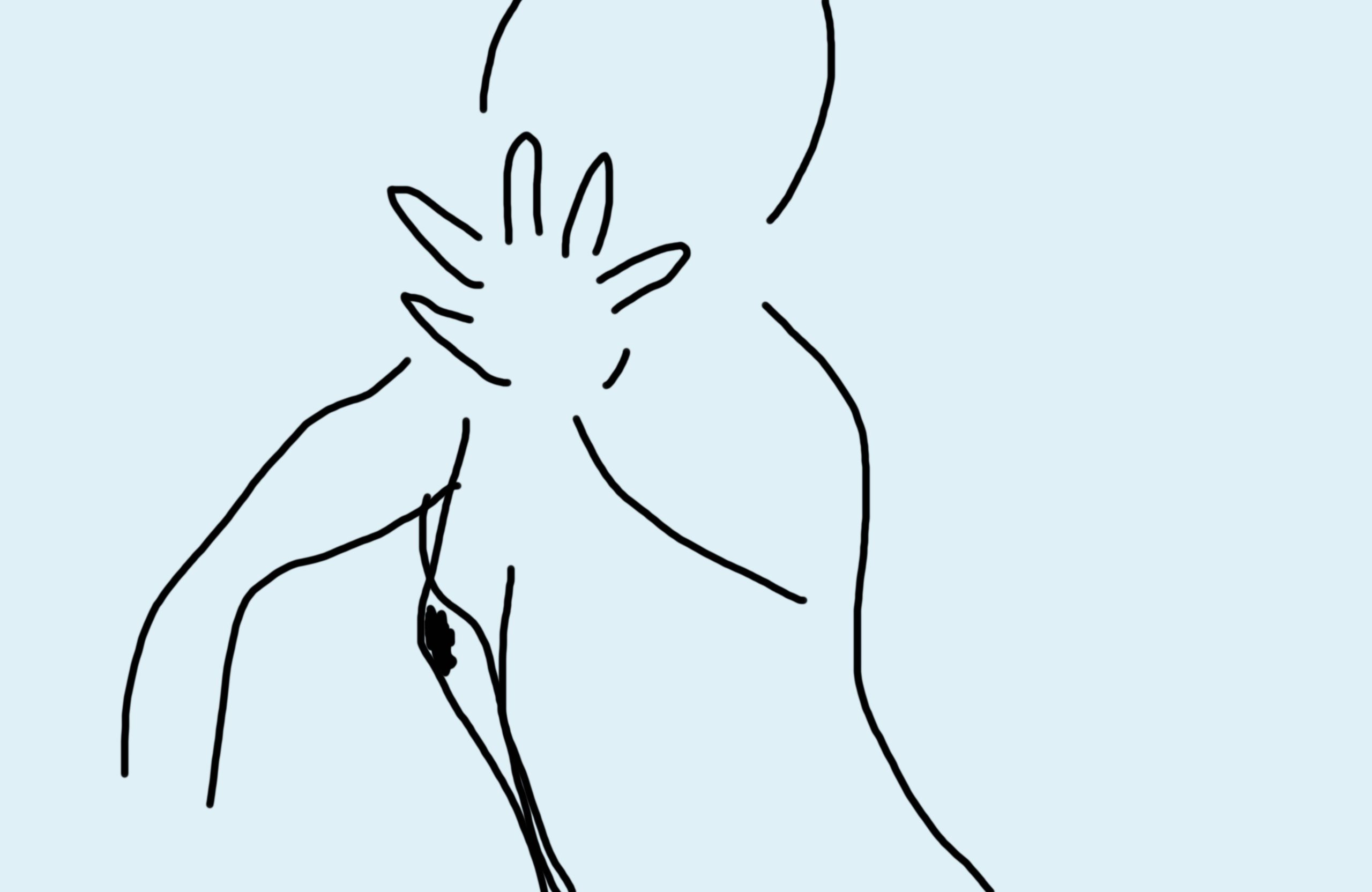

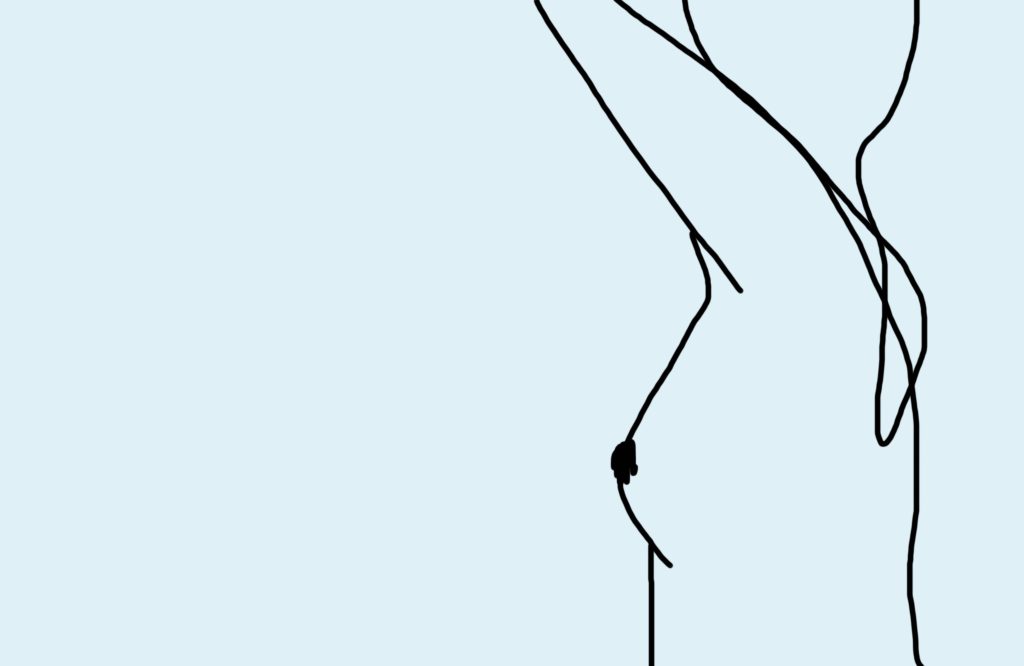
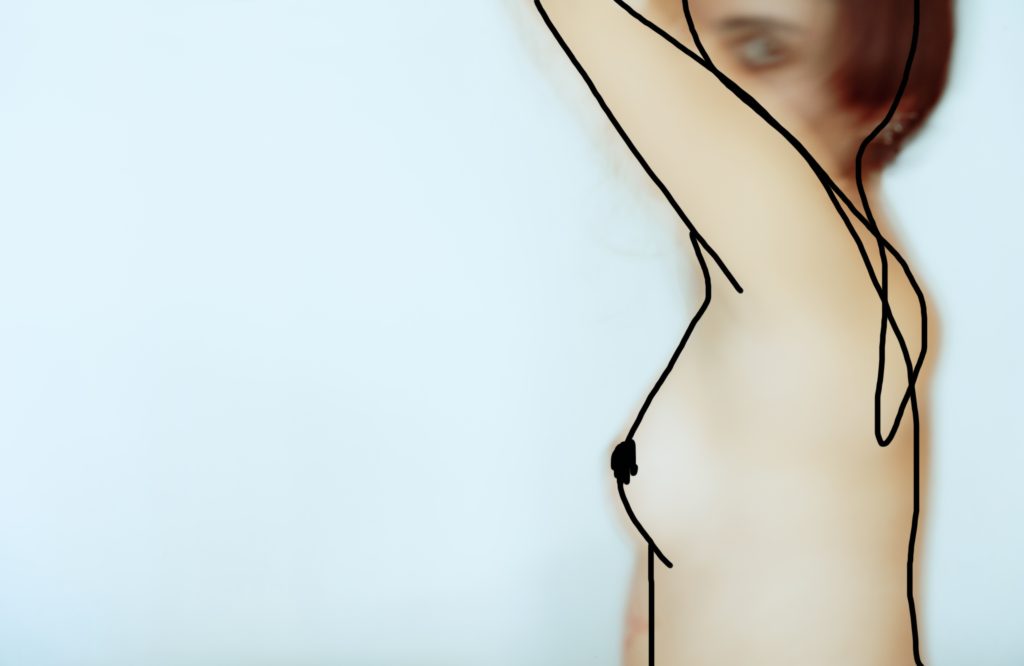
My tracks show you an illusion
How many times have we asked ourselves whether the traces we leave behind are authentic or deceptive?
The trace of our body in space, of our eyes, or of our thoughts. Does work really matter? Could it be the key to personal and social fulfillment?
And what if we considered the traces we leave as the true foundation of our identity?
What is the connection between work and traces?
Could we think of work as a trace in itself—a testimony of our existence?
If so, do the traces we leave serve to show others an illusory reality, a constructed image of our body or our thoughts?
Work, in this sense, can be seen as a sign that imprints our presence in the world.
Every action, every effort, every movement leaves a trace—visible or invisible—that tells who we are.
But to what extent does work truly represent our essence?
On the one hand, it expresses our identity; on the other, it can become a means to construct a representation of ourselves, a kind of image designed to be perceived in a certain way by others.
In my project, I want to explore this ambivalence through photography.
The idea is to take photos of my (female) body using long exposure times, and then intervene with drawings (lines) that highlight the traces left by movement.
The goal is to help the viewer reflect and perceive whether, in this case, the traces—understood as representations of work—can be considered authentic or, on the contrary, a form of deception.
Just as in life, work can be seen as proof of our existence or as the construction of an image, these photographs also move between reality and illusion.
Are the traces of the body real signs or mere optical illusions?
Are they the result of an authentic action or an artificial representation?
Through this visual process, work emerges not only as an act, but as memory—something that settles over time, leaving an imprint that can be just as true as it is ephemeral.